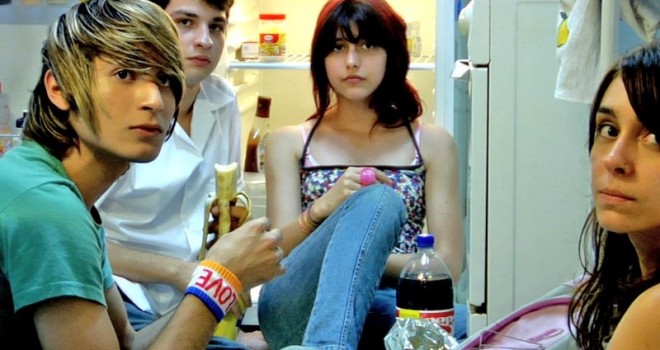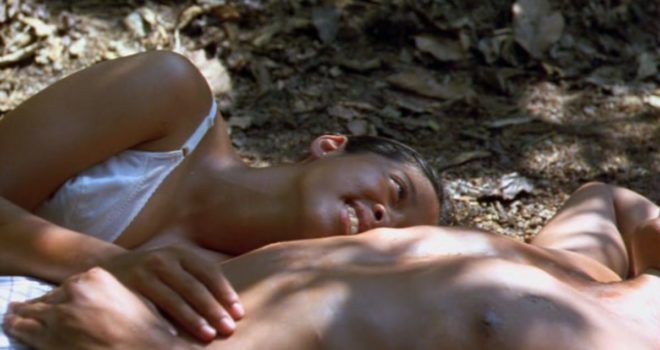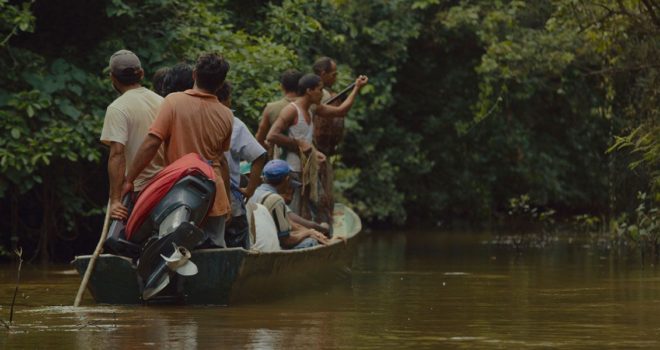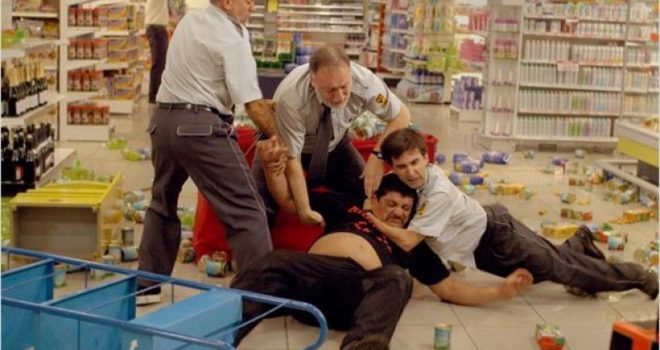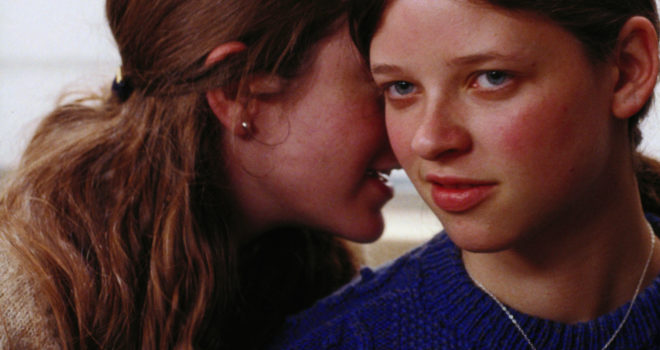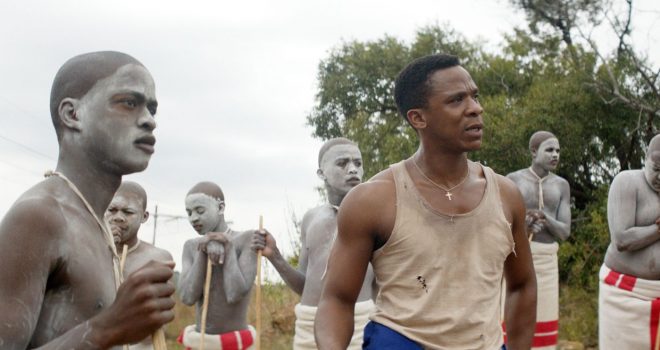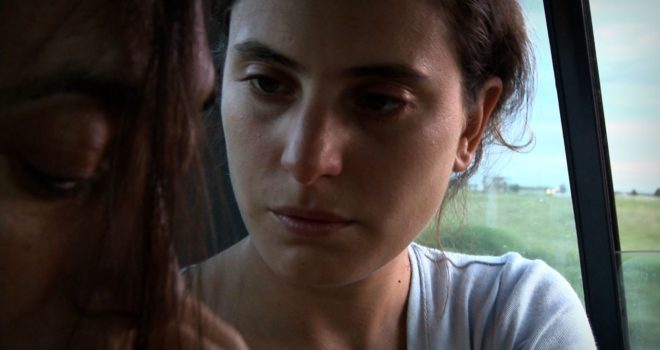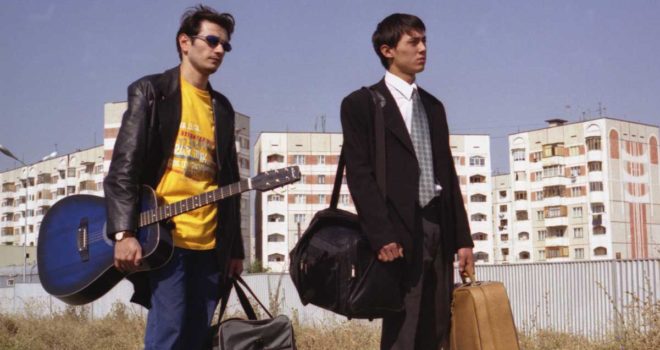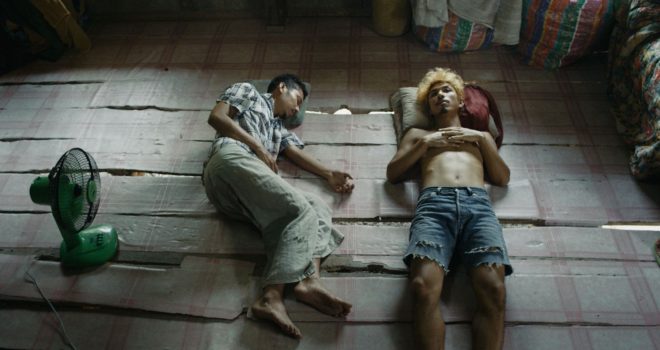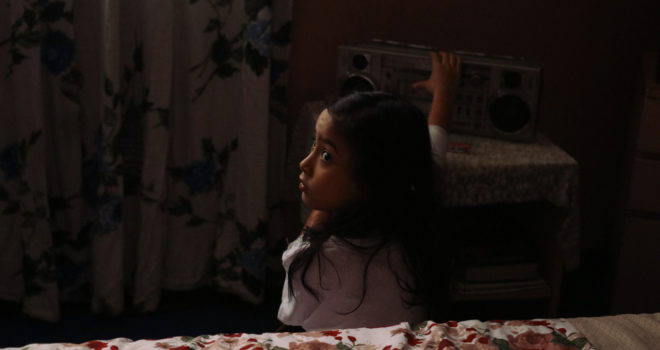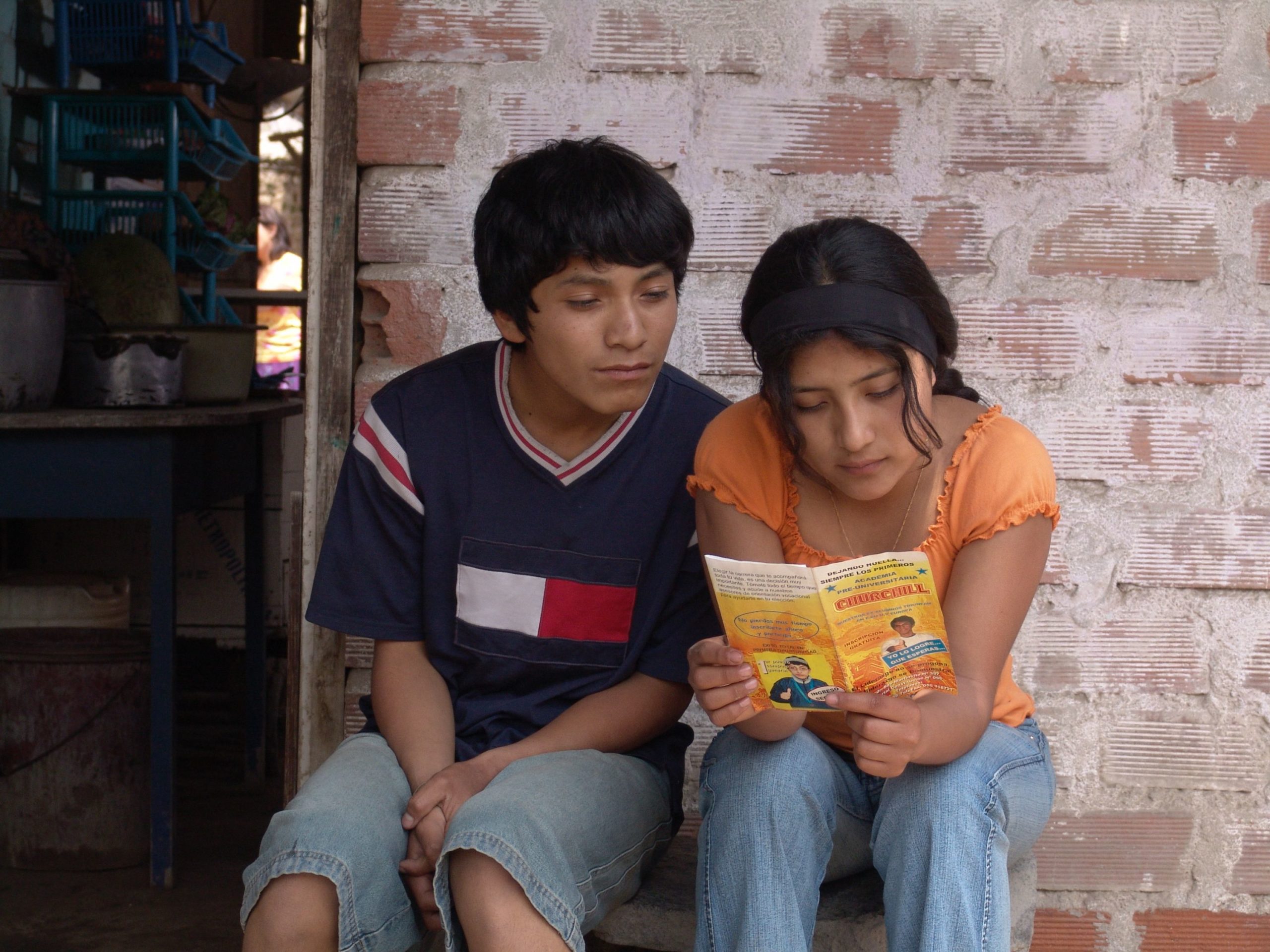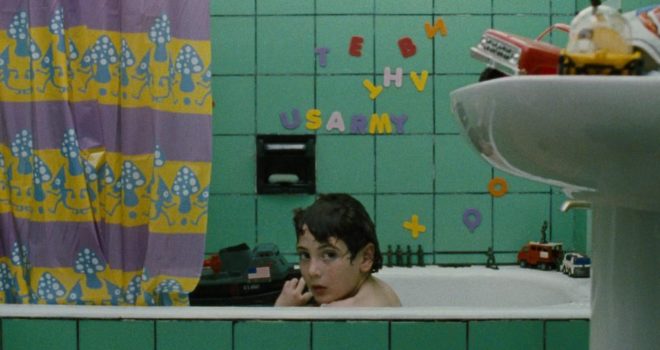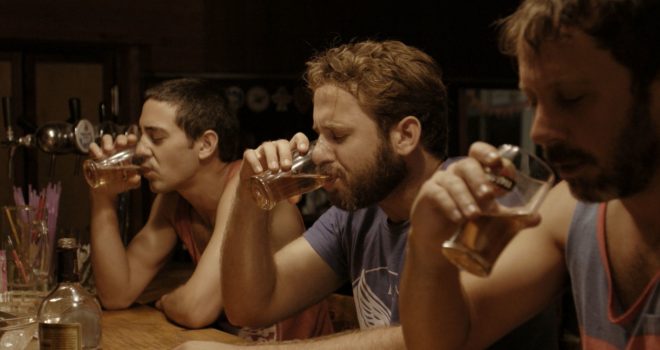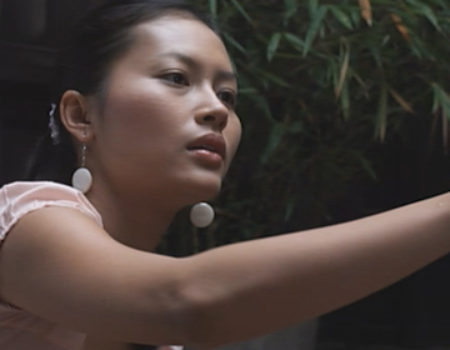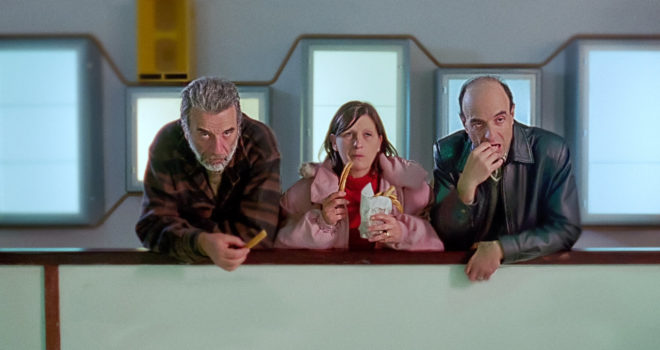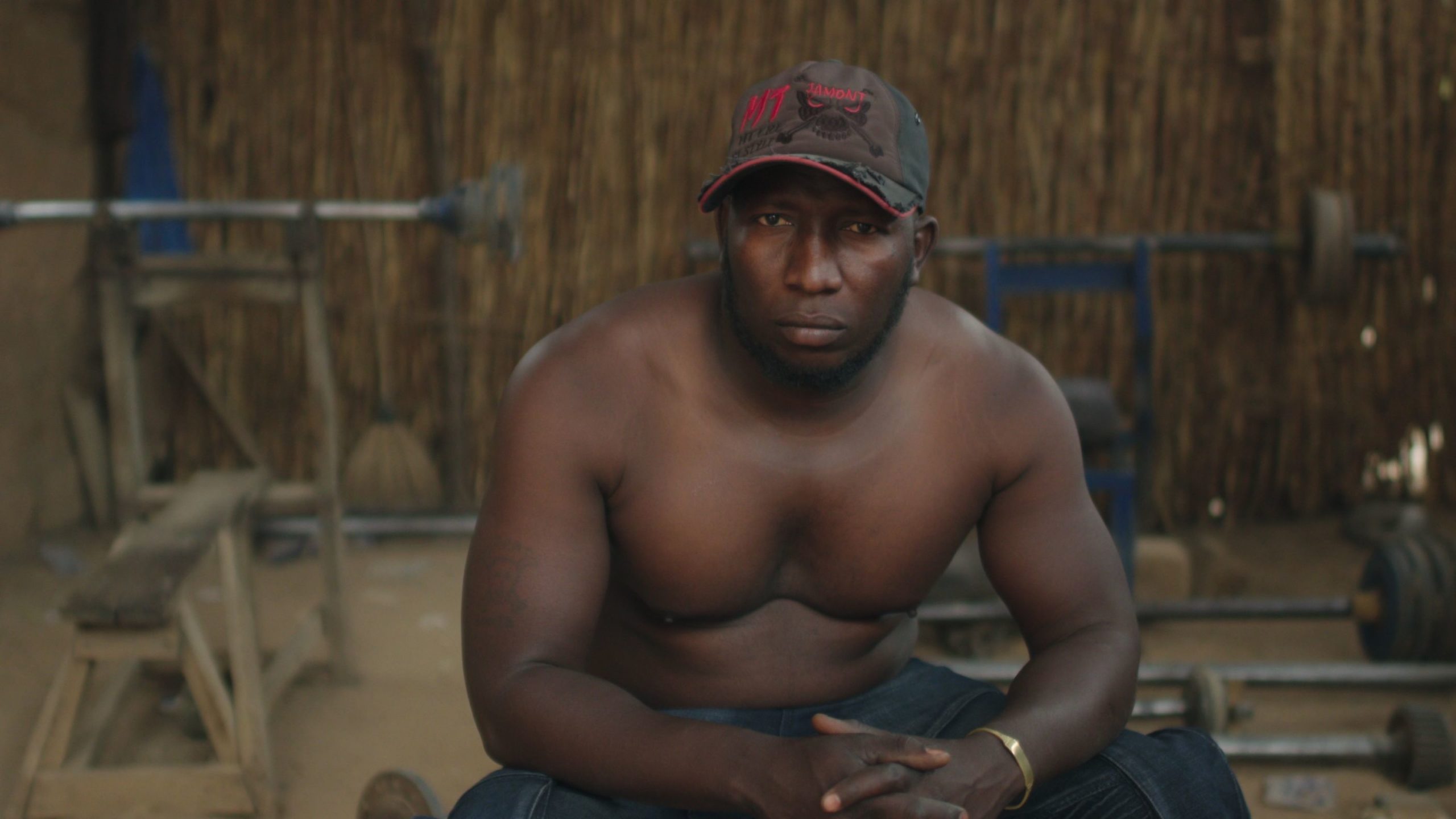The training path proposed by Produire au Sud since 2000 is no guarantee that the selected film projects will reach completion, but the workshop affords a constant attention to the future of the scripts and professionals it has chosen to support. 35% of the projects from all workshops combined, totalling some 140 since 2000, have become films and, in many cases, have had a successful international career and are sometimes, even increasingly often, distributed in France.
Some of them manage to obtain only national financing (not always enough) when the countries of origin have a funding minimal structure or some degree of activity in the local film industry. In other cases, it is the creativity and persistence of the producers and directors that make it possible to get by on a low budget and turn this and other constraints into an innovative lever of creation. The Philippine film Nervous Translation, the Argentine The Lips or the more recent Taiwanese film The Teacher are perfect examples of a local production model adopted for films that have received international acclaim.
For films produced via the possible paths of international coproduction, including time for script development and the maturing of a production strategy, the time needed to actually make the film is highly variable. It may stretch out six or seven years, and sometimes longer. Manta Ray, one of the two Thai films in this retrospective required eight years of preparation between its selection by Produire au Sud at Nantes in 2011 and its world premiere at the Venice Mostra in 2018.
Yet during the workshops, some filmmakers very openly express their urgent need to film. This may prove to be an important variable and generate a certain impatience for directors and producers when they are faced with the more patient approach required for international coproduction. The need to film swiftly may be due to multiple factors and render the actual filmmaking an imperative contingent on the social and political situation in the countries where the films are to be made, or on the personal stories these young filmmakers are experiencing – and these two aspects are sometimes intertwined.
The retrospective “20 Years of Produire au Sud” attempts to reflect a broad spectrum of filmmaking processes and show a certain elasticity in the mysteries of coproduction. But not only. Artistic diversity, intrinsically linked to that of production, remains the key focus of Produire au Sud’s project selection and is illustrated throughout this retrospective. While the perverse and standardising effect of globalisation occasionally gives rise to standardised content and form, the sample of films proposed here reflects a range of aesthetics, subjects and different ways of grappling with the question of narrative. The retrospective comprises six debut films, including the Venezualan El Amparo (2016) and the Kazakh Little Men (2003).
Adrift (2009), Paraiso (2009), The Wound (2017) or even Salamandra (2008) draw their narrational strengths from an almost documentary-like filming of characters and places where the socio-political context acts as a narrative element in its own right. The scale of a community, a neighbourhood, a territory or even a family becomes the substance of the films – their catalyst – and the masterly handling of images allows us to understand and reflect on them. The Dive (2018), Whisky (2003), The Magic Gloves (2003), Giant (2009) or The Joy (2010), which each in their own way flirt with the idea of a genre film, all propose a subject that requires real commitment to the narrative structure. They sketch out the contours of a possible huis clos, a quasi-thriller, a comedy with sorrowful humour… Their original aesthetic relies on suspending perfectly understood codes.
Other films in the retrospective stand out for their elusive and fascinating narrative and writing. This is the case of Blissfully Yours (2001) and The Holy Girl (2004). Their force, their ambivalence and their style doubtless hangs on a visual identity where our gaze transcends the storyline and literally drags the film to the brink of cinematographic experience.
The mention of these two last films is an opportunity to highlight some of the names that the Produire au Sud workshops have helped to reveal and disseminate since 2000. Lucrecia Martel and Apichatpong Weerasethakul open the international list of directors, along with Martin Retjman, Pablo Stoll and Pablo Agüero. In addition to the 19 films selected, we find the names of Anocha Suwichakornpong, Mikhail Red, Celina Murga, Pablo Fendrik or Danielle Arbid. The list of producers who attended the Produire au Sud workshops is equally remarkable as it includes some staunch players involved in global production: Vania Catani, Pimpaka Towira, Bianca Balbuena, Soros Sukhum, Daniel Garcia, Kobi Mizrahi, James Tayler, Marianela Illas, Enid Campos, Fernando Epstein, Bruno Bettati, Altynai Koichumanova, Shyam Bora, Patrick Mao Huang, to name a few.
A monitoring tool, a caring incubator, Produire au Sud takes the pulse of what is wanted within the fluctuating environment of global film production, often detecting the appearance or shifts of certain dynamics, as well as certain throes, threats or shortcomings without, of course, claiming to remedy them. As a living art, cinema is an image of the socio-economic and political conjunctures that shake and shape the world, even when it denounces them. As a result, half of this retrospective comprises Latin American films, which proliferated during the first ten years of Produire au Sud and which, at the time, were supported by a more plentiful platforms and markets than today.
Zinder by Nigerian Aïcha Macky, who will open this edition of the Festival, stands out as the only documentary in this selection. Since 2000 and until 2017 and the recent partnership with the FIDADOC in Agadir, the Produire au Sud workshops have for the most part remained open to fiction feature films.
Guillaume Mainguet



